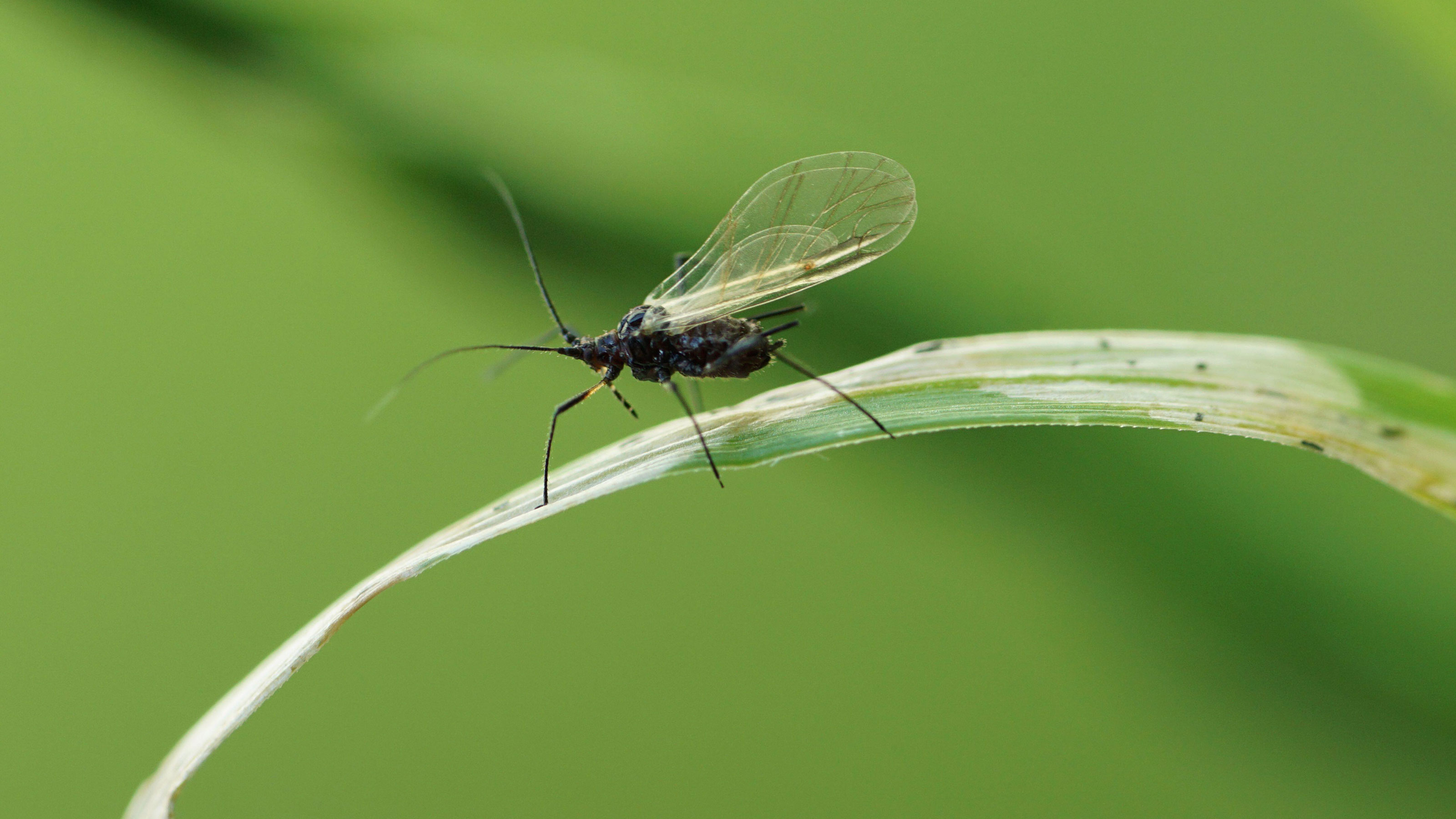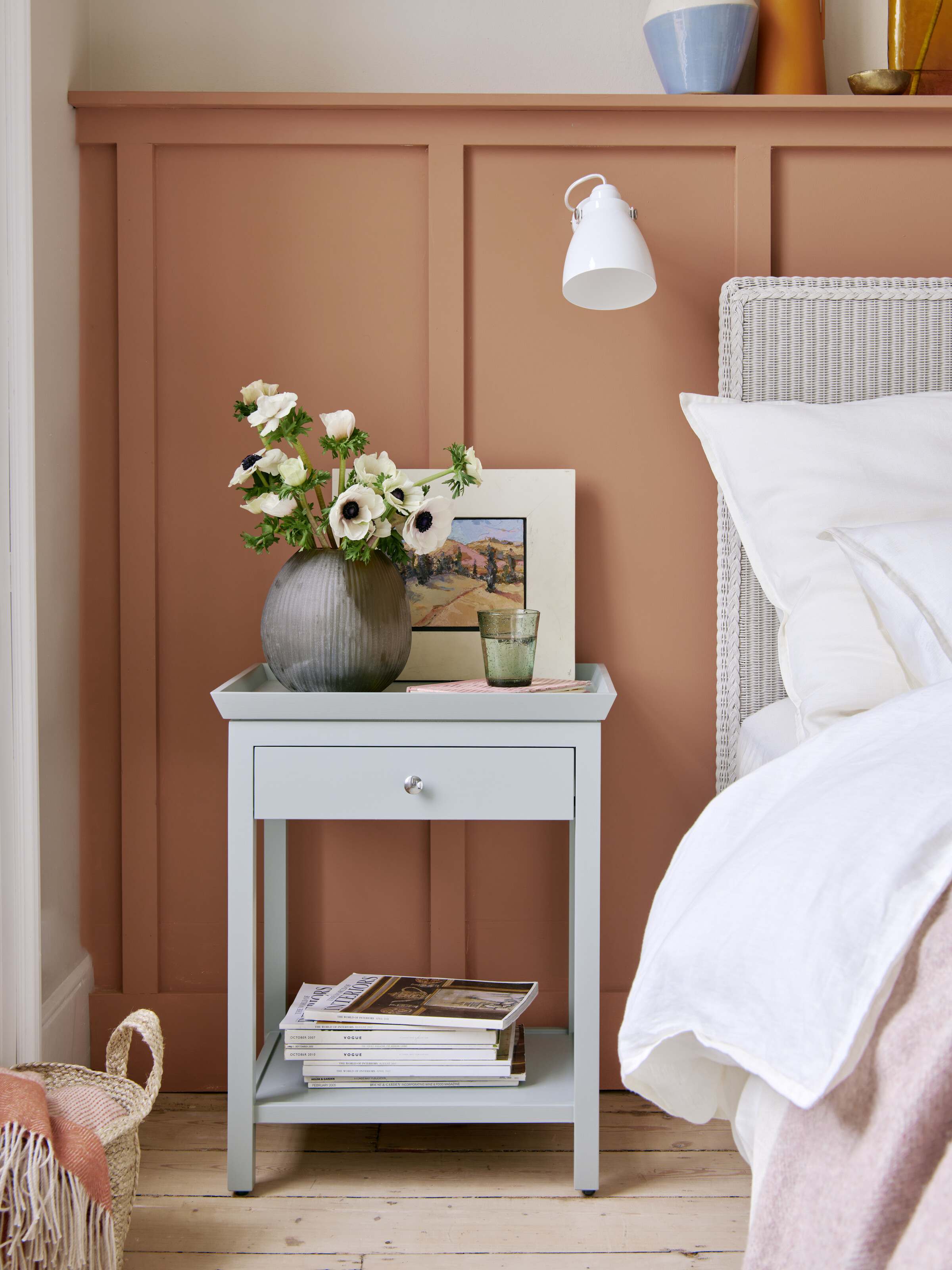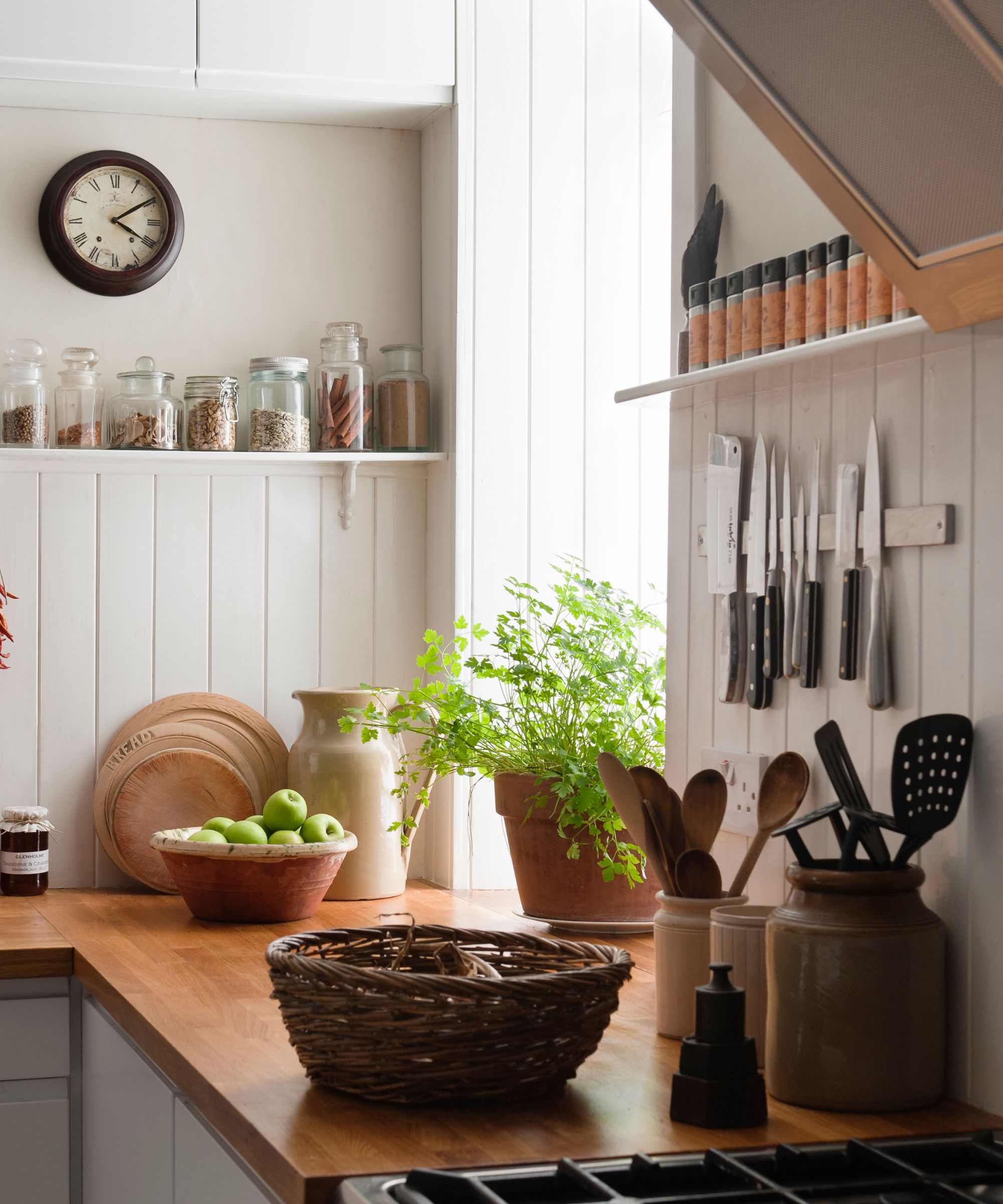Home remedies for getting rid of gnats – 5 swift solutions to deter these pests
As we enter the height of summer, now is the time to prepare your home and get rid of these nasty pests


Design expertise in your inbox – from inspiring decorating ideas and beautiful celebrity homes to practical gardening advice and shopping round-ups.
You are now subscribed
Your newsletter sign-up was successful
Want to add more newsletters?

Twice a week
Homes&Gardens
The ultimate interior design resource from the world's leading experts - discover inspiring decorating ideas, color scheming know-how, garden inspiration and shopping expertise.

Once a week
In The Loop from Next In Design
Members of the Next in Design Circle will receive In the Loop, our weekly email filled with trade news, names to know and spotlight moments. Together we’re building a brighter design future.

Twice a week
Cucina
Whether you’re passionate about hosting exquisite dinners, experimenting with culinary trends, or perfecting your kitchen's design with timeless elegance and innovative functionality, this newsletter is here to inspire
The sudden arrival of gnats can be unpleasant, irritating, and potentially harmful, and there are various items found in our homes that tend to draw them in.
For instance, fresh fruit, sweet treats and blooming flowers all attract these unwanted pests. As well as removing these gnat magnets from countertops, there are, thankfully, a number of home remedies available for you to get rid of gnats without having to head out to the store.
Homemade options are quick and easy wins you can try, and the best thing is that they use natural products you likely already have in your home.
Home remedies to get rid of gnats
Below, we look at our experts' top, homespun methods to help you remove gnats from your home and prevent these intruders from coming back for good.
1. Eliminate standing water

‘The very first step of controlling gnats is to eliminate standing water,’ says Zahid Adnan, founder of The Plant Bible. ‘Gnats rely on these areas to breed and lay eggs, and without them, their population will begin to decline drastically.’ Removing standing water (any body of stagnant water, including puddles, ponds, and drain water) from your yard and indoor spaces, such as the kitchen sink, can be the first step to getting rid of these insects.
Remove that glass of water left on the nightstand to help keep gnats out of your bedroom and refresh the water in any vases of fresh flowers in your living room, too.

Zahid is a renowned figure in the gardening industry, with extensive experience and hard-earned skills in horticulture. He is the founder and editor of theplantbible.com.
2. Make a homemade gnat trap
According to Miguel Camperos, VP of Operations of Virginia-based gardening company SunVara, there are a number of contraptions you can make that will attract gnats.
Design expertise in your inbox – from inspiring decorating ideas and beautiful celebrity homes to practical gardening advice and shopping round-ups.
The first is an apple cider vinegar and dish soap trap (use standard Dawn dish soap, at Walmart). Gnats are attracted to the scent of vinegar and will be lured into the trap, but the dish soap prevents them from escaping. Simply pour equal parts of apple cider vinegar and Dawn into a small plastic container and cover it with plastic wrap before piercing with a cocktail stick.
A second trap is one made from fruit and wine. Set up a trap by placing a piece of ripe fruit or a small amount of wine in a container covered with plastic wrap. Poke small holes in the wrap to allow gnats to enter but make it difficult for them to escape. Whether you use dish soap or wine, be sure to place several around the house.
3. Use gnat-repelling plants

One eco-friendly option for preventing and removing gnats is by strategically placing plants with natural repelling properties around your home. Lavender, geraniums, lemon, and thyme are all examples of these helpful plants, which exude strong odors that are unappealing to gnats and other small insects while smelling great to us. You could also try spraying essential oils diluted in a spray bottle or creating a homemade bug spray.
4. Keep your home clean

By keeping your kitchen clean and dry, you will deter gnats as well as helping to deter fruit flies. Dr Shara Cohen, founder and director of Mums In Science says, ‘You can eliminate gnats by disposing of overripe fruits and vegetables. Cleaning up spillages, and emptying garbage containers will also help a great deal.’
Gnats feast on spilled food particles, so it is important to make sure your kitchen, bathroom, and any other areas where you prepare food are clean. Regularly sweeping and mopping will help keep these pests away and can help get rid of houseflies.
It is also a good idea to prevent build-up in garbage bins in the kitchen, especially during the summer months. The longer you leave garbage, the more gnats will be attracted to the area, and the higher the chance of having to deal with maggots if flies lay their eggs on exposed garbage.

Mums in Science started in 2005 after its founder, Dr Shara Cohen, identified the need for STEM mums to be supported. It has now become an international network of people providing support, information and tools to manage a career while navigating the challenges of life including parenting.
5. Add sand to the surface of your potted plants
Adding sand to the top of your potted plants over the soil is a good way to deter gnats and keep bugs out of houseplant soil. You can do this by applying a layer of sand or diatomaceous earth on the soil surface. According to Zahid Adnan, this can help control the gnat larvae from spreading as gnats need the surface of the soil to be wet in order to lay their eggs. As the sand is abrasive it damages the larvae's outer shell and helps to discourage gnats from laying eggs around your plants.
FAQs
Where else do gnats lay eggs?
As well as standing water, gnats like to lay eggs where “organic slime” is allowed to accumulate. This includes dirty drain lines, poorly cleaned garbage disposals and garbage cans, or recycled containers.
Sometimes, gnats can even make their way in through our AC, so if you have come home from vacation to find these bugs, this could be another cause. So it goes to show that some pest issues can happen to anyone, even if you keep your home spotless.
Using simple and natural remedies, you can effectively get rid of gnats in your home. Remember to be patient, as it may take a few days to see a significant reduction in their population. If the infestation persists or worsens, it's advisable to seek professional assistance from pest control experts.

Seraphina is a contributing editor at Homes & Gardens, writing Solved features on organizing and storage. She loves to decorate and also grow her own produce from her home in London. Her previous experience includes working at Women's Health and Fabulous Magazine.